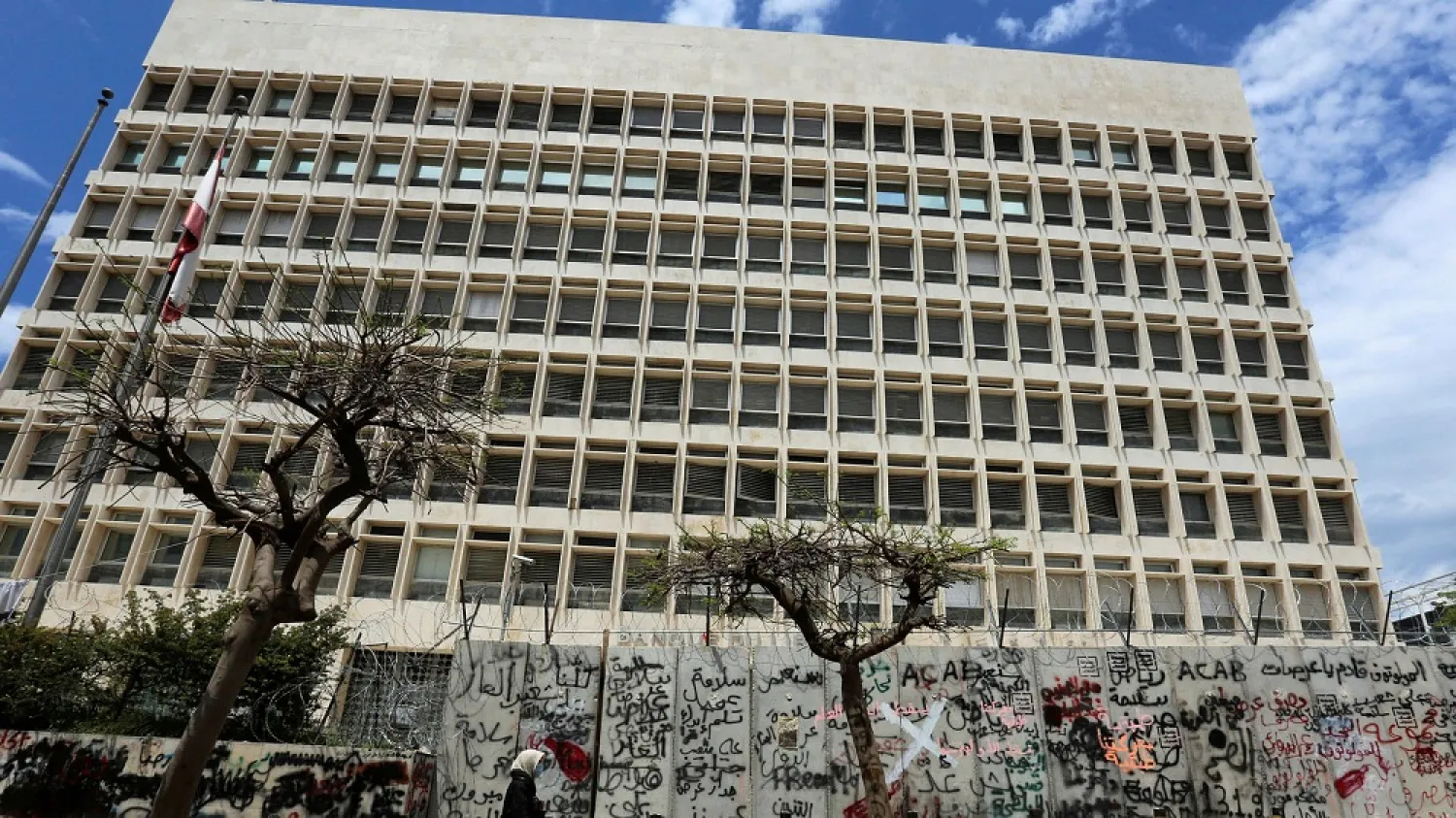Lebanon's central bank asked domestic banks on Wednesday to comply with a new law allowing students abroad to transfer dollars out of Lebanon as they struggle to pay daily expenses without access to their money.
Thousands of university students around the world have been caught up in Lebanon's financial meltdown, which has paralyzed the banking system since last year.
As the currency crashed, banks blocked transfers, severely restricted withdrawals and cut card spending limits abroad down to a few dollars a month.
To pile pressure on commercial banks, some parents have protested repeatedly outside the central bank, asking to be allowed to send their own funds to their children studying in Russia, Europe and elsewhere.
The Lebanese parliament passed a law in October allowing students abroad to transfer $10,000 out at the official peg, far below the street rate. But students and their parents have complained that the decision has so far been ignored.
In Wednesday's circular, the central bank said banks should provide the hard currency from their accounts at foreign correspondent banks.
It also said depositors who benefit from this should agree to the lifting of bank secrecy on the transaction to try to prevent people from using several different banks to make more than one dollar transfer.









